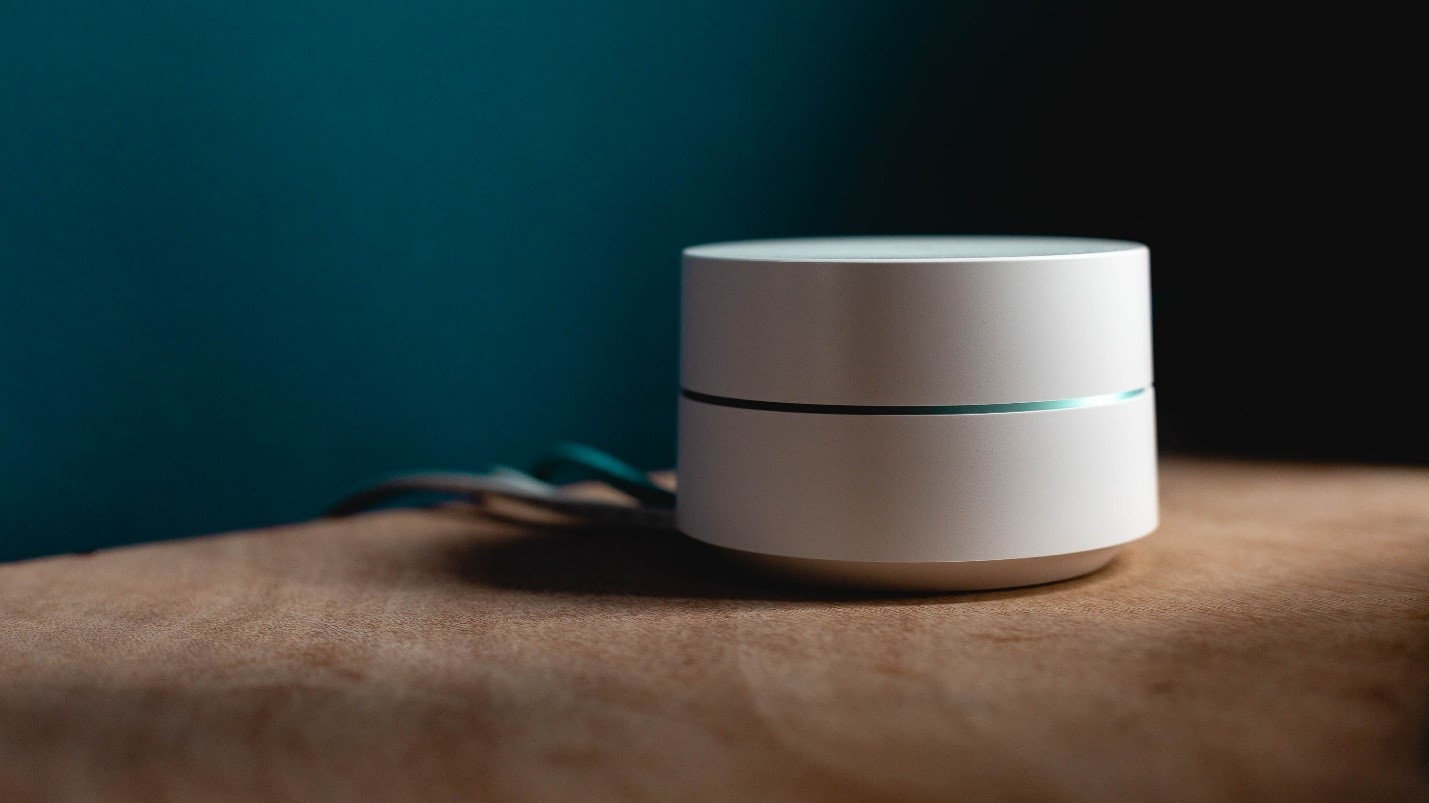A smart home hub can transform your ordinary home into a hi-tech smart home. Everything from the doorbell, to the curtains, lights, and thermostatscan be controlled from a central point using a home hub. What does a home hub do and how would you know which one to buy?
DIY Smart Home Introduction
The concept of a smart home has been around for quite a while. However, initialSmart home installations required complicated setups that had to be done by external contractors. The emergence of consumer-oriented smart tech such as smart bulbs, video doorbells, thermostats and even light fixtures has given rise to the DIY smart home.
With the right devices and some spare time, you can turn your home into a smart home. Central to the DIY smart home in 2025 is the home hub. What is a home hub?
What Is A Home Hub?
There are several smart home devices and appliancesyou can purchase and install in your home. However, having to operate each device or appliance individually is counter-productive and inconvenient.
A smart home hub allows you to group all your smart devices and appliances into a single point and manage them centrally. For instance, you can group your lights, microwave, thermostat, tv and command them through a single hub or voice assistant.
In the past, smart home hubscame as expensive boxes with proprietary software installed to manage your smart home. You needed an expert to add a new device, make minor changes/configurations and even update the box- at a fee.
Today a smart home hub like the Logitech Harmony hub or Google Home can be set up in a matter of minutes. Adding a new device requires either a single command or a few steps in the companion mobile app.
What Does A Home Hub Do?
At the heart of the modern home hub is the integration and central management of various smart devices in your home. With this in mind, a good home hub should perform the following functions in your DIY home setup:
1. Connecting to Smart Devices: A Home hub can connect to a variety of smart devices and appliances from different manufacturers. They do this by deciphering the protocol used for each device/appliance in your home. For instance, some smart devices and appliances communicate using the Zigbee communication protocol while others use Z-WAVE. By connecting to the various devices, the home hub can manage each of them centrally.
2. The Home Hub Bridges Your Smart devices: Suppose you want to control your TV using your smartphone, but the smartphone can’t recognize the tv? A home hub acts as a bridge by connecting to both the television and smartphone, allowing you to control the tv from the smartphone with a central hub. The same goes for smart doorbells, microwaves and any other device you have in your DIY smart home setup.
3. The Home Hub Acts as A Central Management Gateway: By connecting and talking to each smart device/appliance in your home, a smart hub cangive you a central console/interface to manage each device. Remember,various smart devices come with their management software or apps. Having to install, configure and launch each application for every device in your home can be cumbersome. Perhaps the central management feature is what makes the home hub so useful in any DIY smart home setup. What’s more, some home hubs such as Google Home and Amazon Echo even allow you to issue voice commands from a central point. Imagine saying, “Hey Google, turn on the lights and launch Netflix on my tv”. That is the convenience you get from the central management function of a smart hub.
4. Easy Software Management: Depending on the level of integration available between your smart device and home hub, you can perform granular software configurations and updates from the home hub’s dashboard. This saves you the time and effort required to sign into each device for configurations and upgrades.
5. Network Management: Some smart home hubs can also function as an intelligent networking hub. Such hubs help manage network traffic, register and assign IP addresses to your smart devices and even perform low-level QOS (quality of service) in your network.
What Are the Benefits of a Home Hub?
Here are some of the benefits of having a home hub in your network:
- Easy management
- Centralized control
- Easy integration for devices and appliances from different manufacturers
- Easy scheduling and configuration, among others
In conclusion, any DIY smart home setup requires a home hub to manage everything. There are several smart home hubs to choose from with Google’s Home Hub, Samsung SmartThings and Logitech Home Hub being the most popular.
Related Resources

